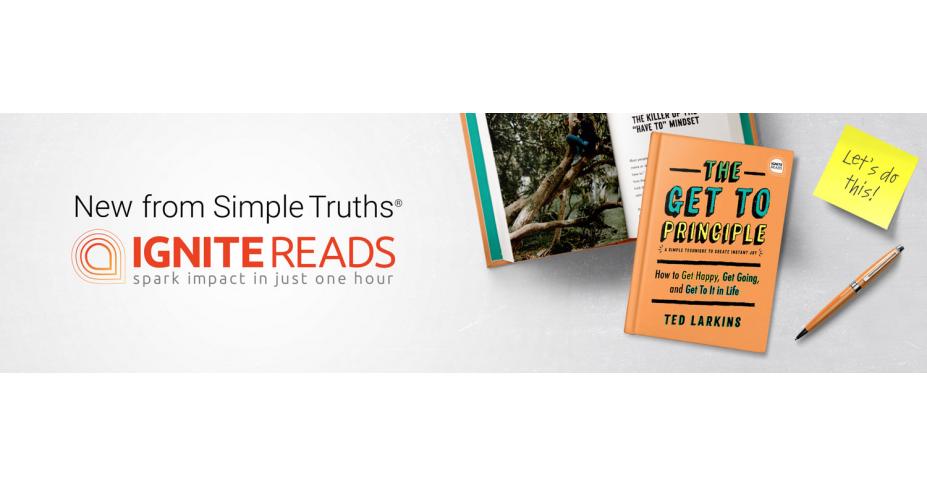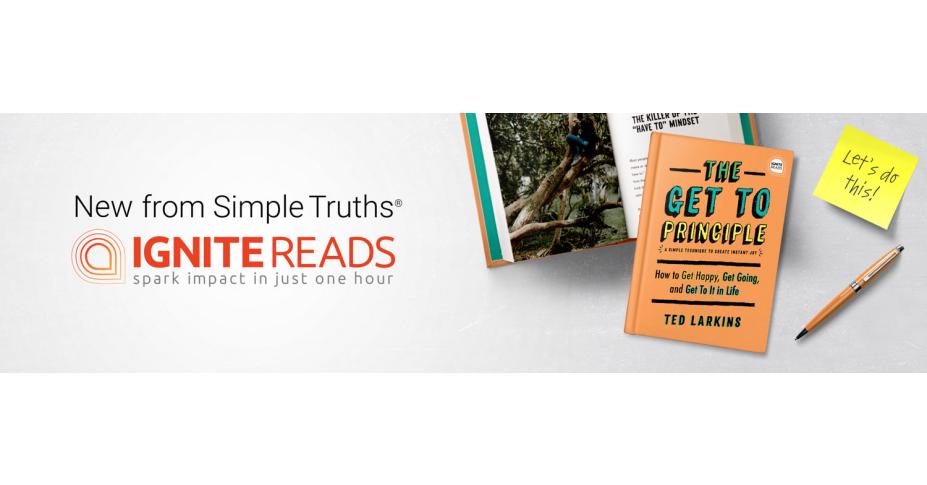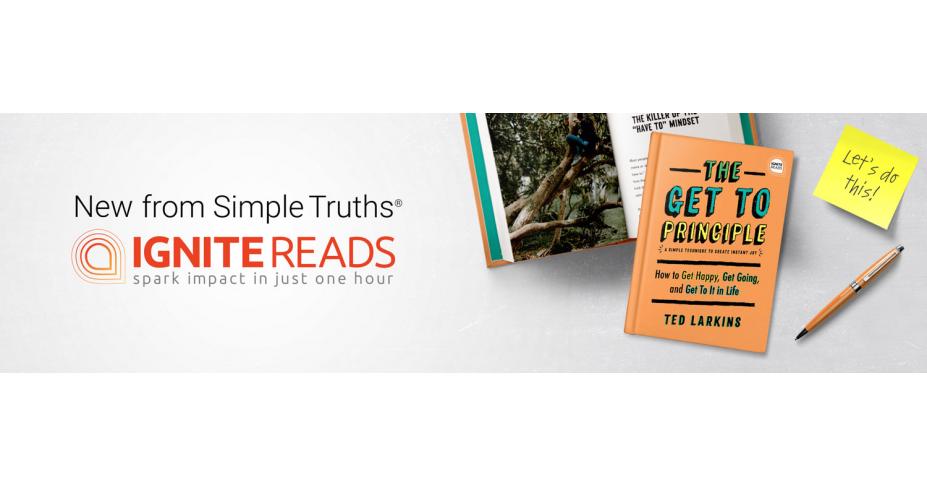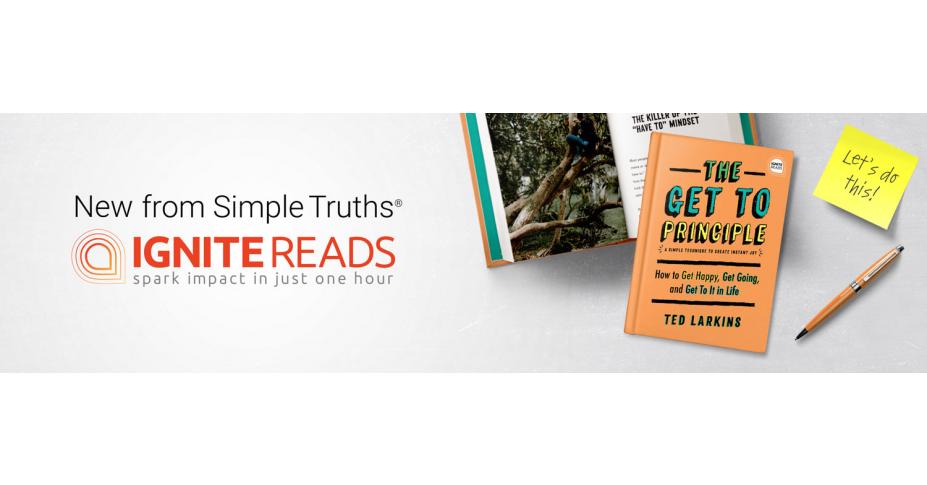The Get To Holidays
Ready or not, here they come … the holidays 2021! As we head into "the season," I have some questions about looking back on the year: Was it a Get To time for you? Did you find the good in the bad, the opportunities amid the challenges, the rainbow in the rain? Or were you stuck, not able to pull out of the pandemic funk? Like me, I would imagine that it was a mix of both.
As I look back, I realize that for many, it was a time of reflection. For me, the thinking, in my solitude each day, was, "What the hell is this all about? This life, this experience we have before we die, what is it? What's the purpose?" And the answer that kept coming back to me: Get out of the madness created by thought. Just be present to what is going on right now in my consciousness. Yes, stay safe. Yes, give help where you can. Have compassion and appreciation for others. After all, just like me, everyone is just trying to find peace and happiness. But really, through meditation, prayer, saying "I Get To," or simply smiling, just be here in this moment, quiet, smiling. This thing, this appearance of life, is a miracle. Wow!
But it's not always easy. I was invited to be a guest on a podcast a few weeks ago to talk about the power of Get To, and how it can change your life, how it can help you come to the present moment. The podcast started ok, the host asked how I had fared through Covid (not bad considering), and I explained the benefits of saying Get To and living a Get To mindset.
But then she dropped a bomb on me. And it was tough:
She said, "What do you say to my sister, who has been battling cancer for the last year, with chemo and other drugs making her constantly sick? What do you say when she doesn't know if she is even going to make it? Do you just say, You Get To be happy?"
I stammered, “I am so sorry.” I then asked for everyone listening to the podcast to send prayers and love her way. I said there are times when there is no answer, no Get To can help. Life sometimes is hard. And I felt for her.
But I could have done better. Yes, sending compassion and love, offering prayers and blessings is fine. In fact, I wish I did then but will do now, offer her, and anyone reading this, the Buddhist Meta (loving kindness) Prayer:
- May you be happy
- May you be well
- May you be safe
- May you be free from suffering and find peace
From my heart and soul I send this blessing to her.
But I would also have liked to push her just a bit to use the Meta prayer for herself.
- May you be happy
- May you be well
- May you be safe
- May you be free from suffering and find peace
I also wish I had encouraged her, as I am to anyone reading this now that is feeling out of sorts, eking out just one "I Get To". You see, no matter what state we're in, no matter what life is throwing at us at any moment, moving from distress to ease, from stress to peace, is something we can do volitionally. We choose. It's a muscle, and, like any muscle, you can use it to enjoy the benefits of choosing how you feel. You, the self beyond the senses, the self watching the play of life unfold, can make a choice, amid anything, and use your muscle to say, "I Get To." With that, you start, even if just slightly at first, to feel a shift in how you are "being" in life. You move from the victim of "I have to" experience this, to "I Get To," and you feel a sense of peace. A realization that, "Wow, this is it. THIS IS ME." And you can smile.
So, as we head into the holidays, I'd like to offer some Get To light in what can be an incredibly stressful time even in the best of years. As I've discussed in other posts, Get To is a mindset. It's moving from the victim viewpoint of saying "I have to" into the powerful, proactive viewpoint of saying I Get To. Doing the dishes? Yep, you Get To. After all, how much starvation happening on the planet do you need to think about before you realize how lucky (and if you just had a good meal, you are lucky) you are to be doing dishes? Going to work? Yep, you Get To. Think about the many people and companies that lost jobs and business in the past 18 months.
And as for the holidays? Buying holiday presents for your family – yep, you Get To. And what if, like many things, what you want to get someone is out of stock? Well, you Get To get creative. We're all in this thing together so there is a lot of Get To we're going to be doing that are different than we might like. But stretch that muscle, move from being a victim to life and into the collective, I Get To. And with that, you'll begin to feel the holiday spirit in a more meaningful, present way.
Happy Holidays!
-Ted Larkins, author of The Get To Principle




